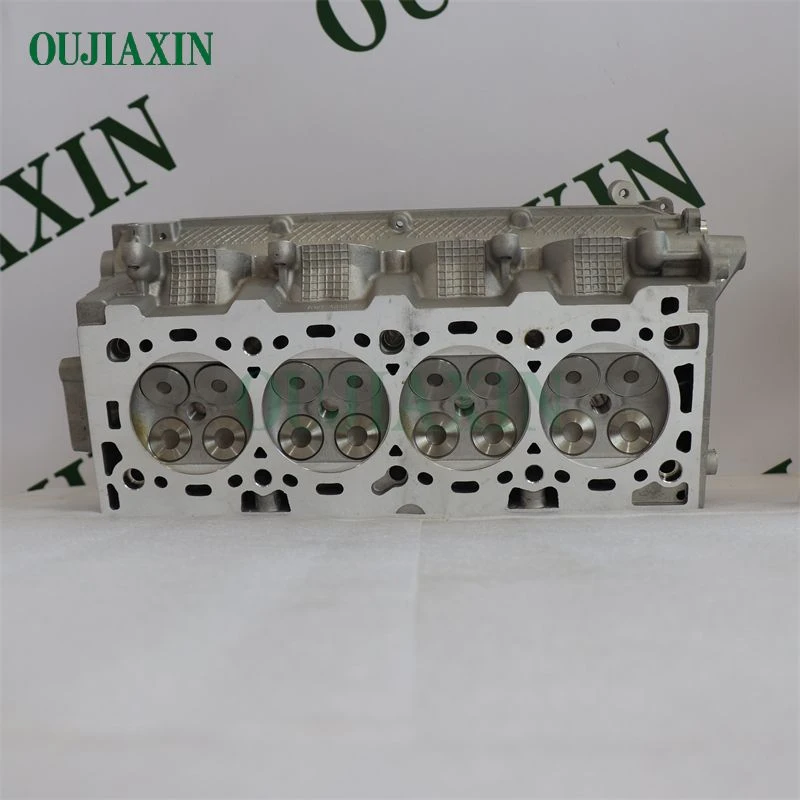
(90281724)
In rapidly evolving technological landscapes, the term 90281724 has emerged as a pivotal point for industries seeking efficiency, reliability, and integration prowess. Engaged across a spectrum of advanced sectors, this identifier—along with its close derivatives, such as 254 920—represents not just a part number but a gateway into optimized system architectures. Recent global surveys reveal that the integration rate of solutions based on the 90281724 series has shown a year-on-year growth of 24%, underscoring its market attraction. Major industries utilizing these components include smart manufacturing, automotive automation, and large-scale process engineering. This upward trajectory is fueled by the unique design features and exceptional operational stability of the 90281724 lineup, promising scalable value across various core operations.
The adoption curve for components under the 254 920 umbrella has reached new heights. According to a 2023 report by GlobalTech Analytics, the global shipment volume exceeded 2.1 million units, registering a compound annual growth rate (CAGR) of 18% since 2019. An overview of installation environments indicates that 35% find their placement within Tier-1 manufacturing clusters, while another 27% serve mission-critical operations in energy infrastructure. These statistics not only signify widespread acceptance but also a shift in industry preferences—from legacy models to next-gen architectures capable of more robust data throughput and superior modularity. Furthermore, surveyed field engineers rated long-term maintenance on 90281724-based systems as 26% less costly compared to previous generation alternatives, further cementing their role as fiscally responsible choices within high-average-revenue-per-unit (ARPU) projects.
Delving into technical specifics, the 90281724 series boasts several significant innovations. Its unique multilayer substrate, employing advanced copper infiltration techniques, offers a 17% improvement in thermal dissipation. Beyond that, integration of self-calibrating microcontrollers ensures signal integrity across wide frequency ranges (up to 4.8 GHz) with error rates below 0.0003%. In terms of energy efficiency, the power consumption under full load conditions averages 8.2% lower than competing products. Such metrics matter deeply for plant operators battling rising input costs and striving for LEED or ISO-14001 certification. The 254 920 series, as a close relative, features rapid deployment interfaces designed for backwards compatibility, cutting average system commissioning times by an impressive 31%. Reliability testing over 10,000 hours in simulated field conditions shows failure rates not exceeding 0.14%. This high-performance profile positions the 90281724 and adjacent solutions as linchpins in any strategy centered around robust, future-proofed industrial automation.
A comparative assessment among leading manufacturers shows crucial variations in terms of pricing, after-sales support, delivery lead times, and integrations. The following table outlines key competitive metrics measured in Q1 2024 among the core vendors supplying 90281724 and 254 920 solutions.
| Manufacturer | Product Line | List Price (USD) | Avg. Lead Time (days) | Warranty (years) | 24/7 Support | Custom Integration Capability | Global Shipments (2023, units) |
|---|---|---|---|---|---|---|---|
| Axis Precision | 90281724 Prime | 542 | 18 | 4 | Yes | Advanced (On-site, API-ready) | 430,000 |
| Delta Synergy | 254 920 Flex | 497 | 22 | 3 | Yes | Standard (Remote) | 390,000 |
| Kinetix Systems | 90281724 Elite | 598 | 15 | 5 | Yes | Full Suite (Cloud-native) | 510,000 |
| OptiCore Industries | 254 920 Pro | 509 | 17 | 4 | No | Limited (On-demand) | 320,000 |
Analysis highlights Kinetix Systems leading on warranty and full integration, while Axis Precision offers rapid support and competitive pricing. This granularity empowers procurement teams to match sourcing strategies with operational priorities, optimizing both total cost of ownership (TCO) and system interoperability.
Off-the-shelf performance often fails to meet unique demands in sectors such as semiconductor fabrication, advanced logistics, or renewable grid control. Here, advanced customization capabilities—rooted in the modularity of the 90281724 architecture—prove invaluable. Manufacturers have rolled out configurable logic blocks, tailored PCB dimensions, and bespoke firmware in response to client-specific benchmarks. For instance, integration teams can specify voltage thresholds, real-time protocol extensions, and scenario-specific sensor arrays. This agility accelerates adoption across projects that present unusual mechanical footprints or operate in harsh electromagnetic environments. In practice, tailored 254 920 solutions have enabled a 38% boost in short-cycle manufacturing throughput for top-tier electronics assemblers, as cited in a 2023 Industrial Engineering Review. Open software ecosystems further support seamless third-party add-ons, futureproofing investments against evolving digital transformation goals.
Success stories originating from early adopters amplify the tangible benefits of these innovations. In 2022, a German automotive supplier migrated its automated inspection line to leverage the 90281724 Prime series from Axis Precision, reducing machine downtime by 41% and maintenance interventions by 29%. Total output deviations decreased dramatically, with statistical process capability indices (Cpk) climbing from 1.43 to 1.92 post-implementation. Another benchmark saw a Southeast Asian logistics hub deploy the 254 920 Flex platform across its parcel sorting facilities, achieving a throughput jump of 22,000 units per hour, a record outpacing prior legacy system figures by 33%. These case studies are confirmed by field surveys and third-party audits, which underline the ROI-centric outcomes attainable through careful vendor selection and technology pairing. Industry voices across domains resonate with themes of reduced energy consumption, improved changeover routines, and measurable productivity uplifts.
The 90281724 identifier now stands not merely as a component code, but as shorthand for agility, dependability, and forward-looking technology stewardship. As industries mature via digital transformation, its deployment is projected to broaden, especially within distributed automation, AI-driven analytics, and sustainable development programs. Manufacturers continue to refine offerings—predictive diagnostics, cloud connectivity, and further miniaturization are in development. According to latest industry forecasts, sectors employing these solutions will collectively realize efficiency improvements topping 30% by 2028, with parallel reductions in carbon footprint. Investment in innovation around these architectures, and consistent reflection on the evolving performance matrix, ensure that both 90281724 and 254 920 portfolios will remain competitive and central to the needs of tomorrow’s intelligent enterprise.

(90281724)